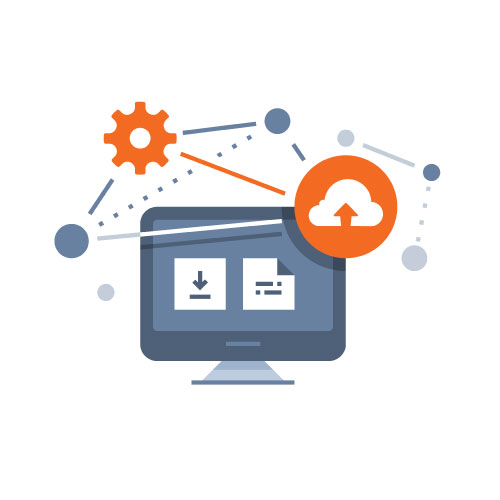
Web3 technologies are poised to become more mainstream this year, according to a treatise penned by a member of the World Economic Forum (WEF) ahead of the group's big annual meeting in Davos, Switzerland.

Sportswear giant Nike has taken another step into Web3 territory with the launch of .Swoosh, a blockchain-based platform from which members can create and collect digital versions of jerseys, shoes and other clothing to wear in online games and other virtual spaces.

Since Elon Musk concluded his acquisition of Twitter in at the end of October, there has been something of a clarion call to abandon the platform and join one of the decentralized microblogging networks, such as Mastodon, Hubzilla or Diaspora.

A new open source extension for Chrome browsers promises to protect users against rising Web3 security threats like phishing and fraudulent contracts.

Earlier this week, The New Computer Corporation (NCC) announced Inkey, a new set of tools for launching and running decentralized application program services (dAPIs) for Web3-focused interactions.

A new report on the state of non-cryptocurrency blockchain development shows how developers and learners interact with 15 different platforms.

Microsoft recently announced the new .NET MAUI Community Toolkit v1.3 adds support for Gravatar, standing for "globally recognized avatar."

The latest Stack Overflow survey find a mixed take on Web3 technologies.

This week Amazon Web Services released a metaverse-like game called AWS Cloud Quest: Cloud Practitioner o train users on its cloud.

Earlier this week Microsoft released a warning that the company is seeing an increased number of phishing attempts aimed at web3.

Last week Intel announced that it is developing new technologies for the blockchain ecosystem.

Google Cloud announced the formation of a new Digital Assets Team for blockchain technology, whose rise it compared to that of open source and the internet.

According to a recently updated Microsoft document, the Azure Blockchain service will end on Sept. 10, 2021,

Originally announced as a beta in 2018, it is now commercially available to help organizations build business networks and deploy business-critical decentralized applications.